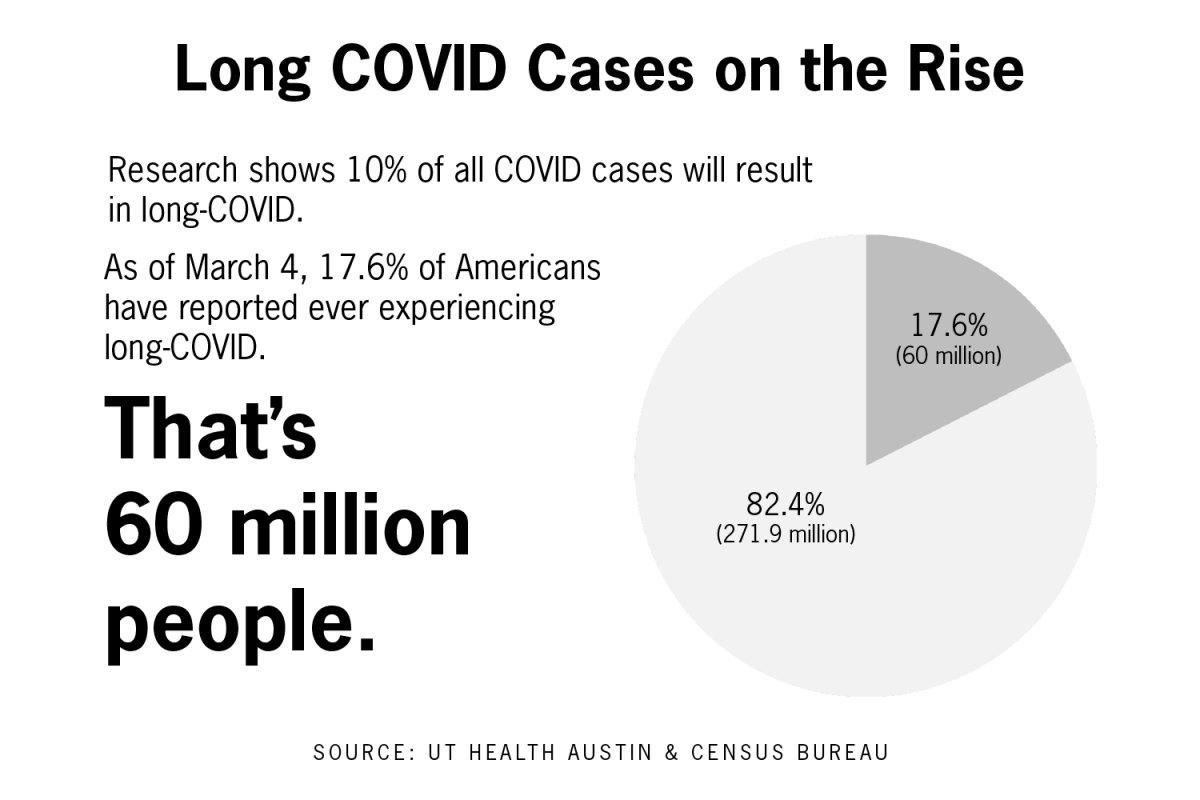Large language models, a form of artificial intelligence, struggle to perform functional linguistic competence, according to a March 19 study co-authored by an assistant professor of linguistics at UT.
According to the study, functional linguistic competence means understanding language and its implications and then determining how to respond. This differs from formal linguistic competence, which is AI’s ability to produce words and sentences.
UT’s Kyle Mahowald co-authored the paper with linguists, cognitive scientists and neuroscientists around the country. The research team’s preprint of the study has been cited over 150 times since publication last year, according to a College of Liberal Arts press release.
“(The paper) came out of a lot of discussions and thinking about this huge shift that’s happened in computational linguistics technology in the last five years,” Mahowald said. “Now with things like ChatGPT, we’ve really seen a completely different level of technology than what was around 10 years ago.”
Mahowald said LLMs require augmentation, like using coding programs or databases, to improve functional linguistic competence skills. He said although augmented LLMs have improved logical reasoning skills, they still make mistakes.
“These models, they hallucinate, they’ll make some claim and then kind of make up the source, they’ll get math problems wrong (and) they’ll do a bunch of things wrong,” Maholwad said. “If you think about how humans work and human cognitive processing, the ability to produce fluid coherent language is distinct from the ability to do all these other things, like reasoning and logic.”
Although Mahowald said LLMs understand grammar and syntax, teaching assistant Allison Agthe said she sees grammar and punctuation mistakes in AI-generated work, indicating the students didn’t write it themselves.
“AI is a great tool for certain aspects, such as generating notes for brainstorming, but I think AI is just that,” advertising graduate student Agthe said. “It’s just a tool and should be seen as a tool. It shouldn’t be seen as a cheat sheet for doing an essay.”
Mahowald is skeptical that AI is close to outperforming humans, but he said some things bring up concerns now.
“There are already real things to worry (about) with these technologies in terms of things like misinformation, disinformation, biases in the models (and) ways in which they could basically be harmful in the kind of text they’re producing,” Mahowald said. “It’s definitely worth taking seriously at this point.”
















